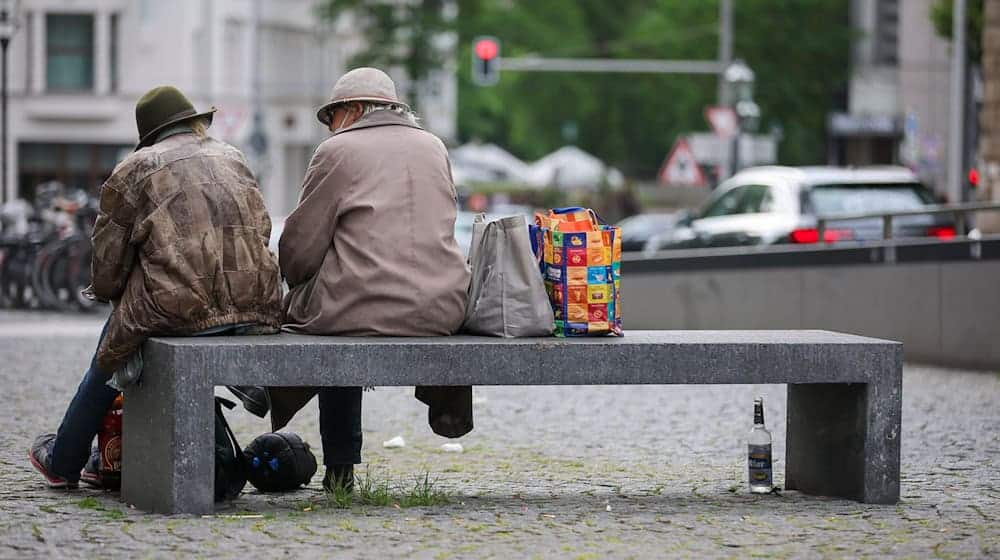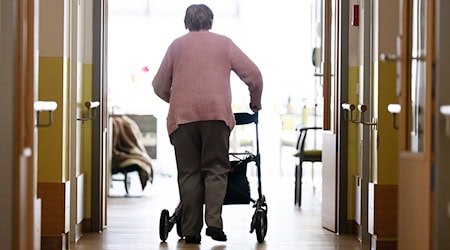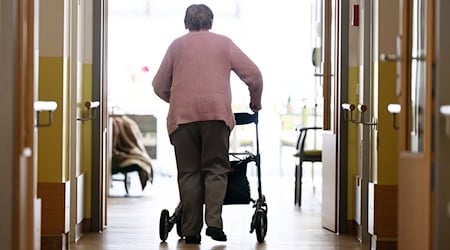In view of falling temperatures, Diakonie Sachsen is calling for greater efforts to prevent homelessness. "Anyone who keeps their home does not need help in the cold," explained the Protestant welfare organization. Although Diakonie's facilities provide additional overnight accommodation for the winter, they want to focus more on prevention. Cities, districts and the Free State should secure support services in the long term and increase spending on preventative measures.
"Our Diaconal Housing Emergency Aid advice centers are doing everything they can to prevent people from losing their homes," said Rotraud Kießling, the Diaconal Housing Emergency Aid Officer at Diakonie Sachsen. Almost half of the people who visited the advice centers last year still had their own apartment. By working closely with landlords, it is often possible to prevent the loss of an apartment or to enable people to move back in.
Hidden homelessness often remains invisible
According to Diakonie Sachsen, 6,885 homeless people had to be housed in the Free State as of January 31 of this year. In addition, around 15 percent of the population are hidden homeless and live without permanent accommodation, according to Kießling. This refers to people who are staying with friends or acquaintances and are not officially registered. This also causes problems for those who take in those affected temporarily and thus jeopardize their own tenancies.
When the standard rate is no longer enough
The Diakonie describes the so-called housing cost gap as particularly burdensome: The upper rent limits recognized by job centers are often lower than the actual rents. "Many of those affected have to pay the difference from their standard rate. This leaves less money for food, clothing or electricity," said Kießling. This quickly leads to a spiral of arrears and even homelessness.
Copyright 2025, dpa (www.dpa.de). All rights reserved










